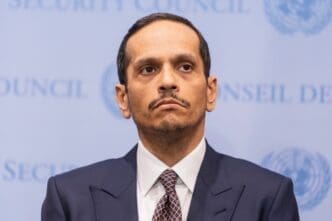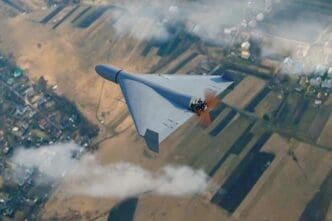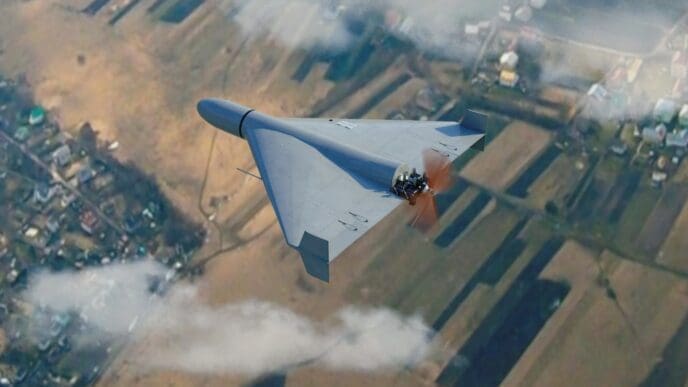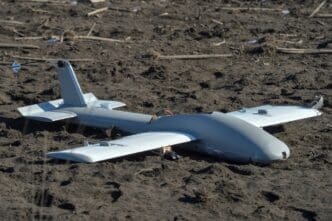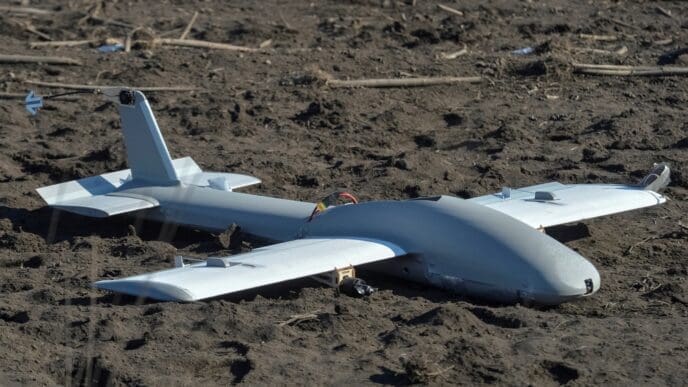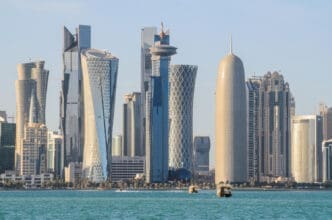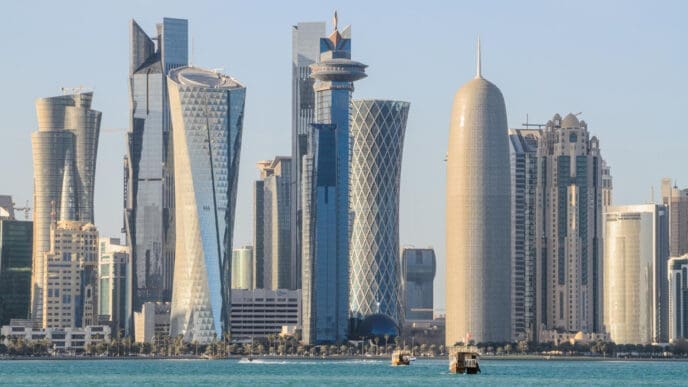Executive Summary
- Qatari Prime Minister Sheikh Mohammed bin Abdulrahman Al-Thani condemned an Israeli strike in Doha as “state terror,” stating it “killed any hope” for hostage release and led Qatar to reassess its crucial mediation role.
- A 22-year-old Qatari security officer was killed in the strike, with other Qatari nationals in a “very dangerous situation,” leading the Prime Minister to express that Qatar felt “betrayed.”
- President Donald Trump was informed of the strike by US officials, and Qatar is now in “very detailed conversation” with the United States government while planning an Arab-Islamic summit for a “collective response.”
The Story So Far
- The recent Israeli strike in Doha, condemned by Qatar as “state terror,” has profoundly jeopardized the crucial mediation efforts Qatar has undertaken in the Israel-Hamas conflict, especially as a new US-proposed ceasefire framework was on the table, which both President Trump and Qatar had urged Hamas to accept. This targeting of Hamas leadership in the Qatari capital is seen by Qatar as directly undermining any chance for stability and hostage releases, leading them to reassess their pivotal role as a neutral intermediary.
Why This Matters
- The Israeli strike in Doha, condemned by Qatar as “state terror,” significantly imperils prospects for a ceasefire and the release of Israeli hostages, prompting Qatari Prime Minister Sheikh Mohammed bin Abdulrahman bin Jassim Al-Thani to declare that the strike “killed any hope” and that Qatar is now reassessing its crucial mediation role in the conflict. This incident also heightens regional tensions, with Qatar calling for a collective Arab-Islamic response to deter Israel’s actions and potentially altering the diplomatic landscape for future negotiations.
Who Thinks What?
- Qatari Prime Minister Sheikh Mohammed bin Abdulrahman bin Jassim Al-Thani condemned the Israeli strike as “barbaric action” and “state terror,” asserting it “killed any hope” for hostage release and prompting Qatar to reassess its mediation role.
- Israel conducted the strike, reportedly targeting Hamas leadership, which the Qatari Prime Minister views as an act that “undermined any chance of stability, any chance of peace” and suggests Prime Minister Netanyahu was “wasting our time.”
- A US official stated that President Donald Trump was informed of the strike shortly before it occurred by Chairman of the Joint Staff General Dan Caine, and while President Trump did not explicitly condemn the attack, his spokesperson expressed concern.
Qatari Prime Minister Sheikh Mohammed bin Abdulrahman bin Jassim Al-Thani has strongly condemned an Israeli strike in Doha, labeling it a “barbaric action” and “state terror” in an exclusive interview with CNN on Wednesday. The Prime Minister asserted that the strike “killed any hope” for the release of Israeli hostages and indicated that Qatar is now reassessing its crucial role in ceasefire mediation.
Qatari Condemnation and Hostage Concerns
Al-Thani stated that he was “enraged” by the strike, which he described as an act of “state terror,” adding that Qatar felt “betrayed.” He expressed his belief that the Israeli Prime Minister, Benjamin Netanyahu, had “killed any hope” for the remaining hostages in Gaza, noting he had met with a hostage family on the morning of the attack.
The Prime Minister also revealed that a 22-year-old Qatari security officer was killed in the strike, with other Qatari nationals in a “very dangerous situation.” He did not confirm the fate of Hamas’ chief negotiator, Khalil Al-Hayya, who was reportedly targeted in the attack, stating there was “no official declaration” regarding his whereabouts.
Rethinking Mediation Efforts
Following the strike, Al-Thani indicated a significant re-evaluation of Qatar’s involvement in future ceasefire talks. He suggested that President Netanyahu had “undermined any chance of stability, any chance of peace” by targeting Hamas leadership in the Qatari capital, stating he believed Netanyahu was “wasting our time” and “wasn’t serious about anything” in recent discussions.
The Prime Minister confirmed that Qatar is in “very detailed conversation” with the United States government regarding how to proceed, as they are “reassessing everything” related to their mediation efforts. Qatar has been a key mediator in the conflict, hosting the largest US military base in the Middle East and maintaining strong ties with the US.
US Response and Regional Implications
According to a US official, President Donald Trump was informed of the strike shortly before it occurred by Chairman of the Joint Staff General Dan Caine, rather than by Israel directly. While Trump did not explicitly condemn the attack, his spokesperson expressed concern, and Al-Thani noted that the United States has expressed support for Qatar “on many occasions.”
The strike occurred as Hamas was reportedly preparing to respond to a new US-proposed ceasefire framework, which President Trump had urged them to accept. Qatar’s prime minister had also pressed Hamas to “respond positively” to this proposal in a meeting in Doha prior to the attack.
Al-Thani called for a “collective response” from the region to deter Israel, stating that an Arab-Islamic summit would be held in Doha in the coming days to decide on a course of action. He expressed hope for a “meaningful” response to prevent what he termed Israel’s “bullying.”
The Qatari Prime Minister’s strong condemnation and threat to reassess mediation underscore a significant escalation in diplomatic tensions following the Israeli strike in Doha. This development casts further uncertainty on the prospects for a ceasefire and hostage release, while also signaling a potential shift in regional dynamics and Qatar’s crucial role as a neutral intermediary.

